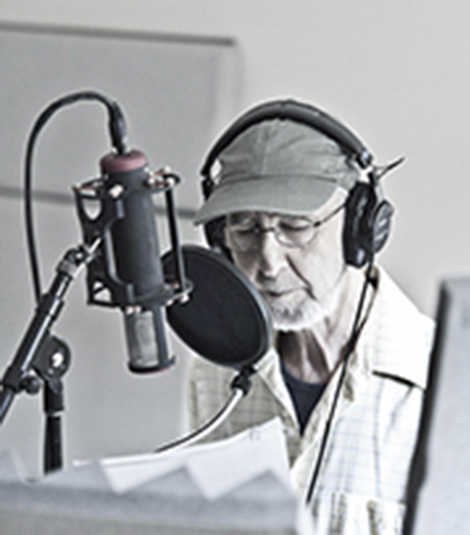When I talk to musicians about Rhythm in the Rain, their first question often is, “Am I in it?” And I often have to say no. To cover one hundred years of jazz in the Pacific Northwest in a narrative that moves readers forward, you can’t include everyone—or even half of the artists who have contributed to this distinct culture that grew up far from centers of influence and power, where tradition is honored, young talent is nurtured, and nice guys often finish first. Here’s the story of one of those artists whose contributions didn’t appear in the finished version. And like those that did, his story is about art and the power of place.
Now this story is about jazz pianist Dick Blake. But first I have to tell you something about humpback whales. You’ll see the connection—because their story’s all about the magic of homecoming, just like Dick’s, with the same kind of happy ending.
So … every year, when humpback whales gather off the Mexican coast, the males arrive singing. Early in the season, each whale’s song is short, simple, and different from the rest. But as time passes, all the males end up singing the same long, complex tune. The next year, each returns with different fragments of the previous song, but they all leave singing in unison again. It’s like they have to come home in order to find their song, or maybe the only way to recover it is to build a new one together. At any rate, their identity resides in those waters where they gather every year to sing. I like to think that’s true for Dick Blake too.
I call him Dick Blake, like everyone in Portland did, but that’s not his real name. See, when he returned home in his fifties to live in Albany, the Willamette Valley town where he was born and raised, he took the name he grew up with: Richard Applegate. A name with historic Oregon connections, a name with roots.
Albany was a mill town in the ’40s when Dick learned to play, a tough little place in a soft and forgiving landscape, and Dick listened to the rain and to meadowlarks and became an artist. Age sixteen, he and his childhood sweetheart Mary won a talent contest at the Oregon State Fair and then performed on Ted Mack’s The Original Amateur Hour in New York. That launched his career, but their love affair went quiet for forty years—until Dick returned to Albany.
Those comfortable jazz standards he loved to play? Them he never left. And every time he sat at the keyboard, whether in Portland, San Francisco, or on the road, he sounded like he was at home, in the Willamette Valley, filling his music with its abundance and beauty.
There’s something familiar about it, even if you’ve never heard him before. It’s full of the hopeful rhythms and pretty chord voicings of his boyhood Oregon, rooted in swing and the blues. You feel his hands on the keys when Dick plays, the soil of the valley, the river in spring, oak leaves in the wind.
It’s the sound of home.

